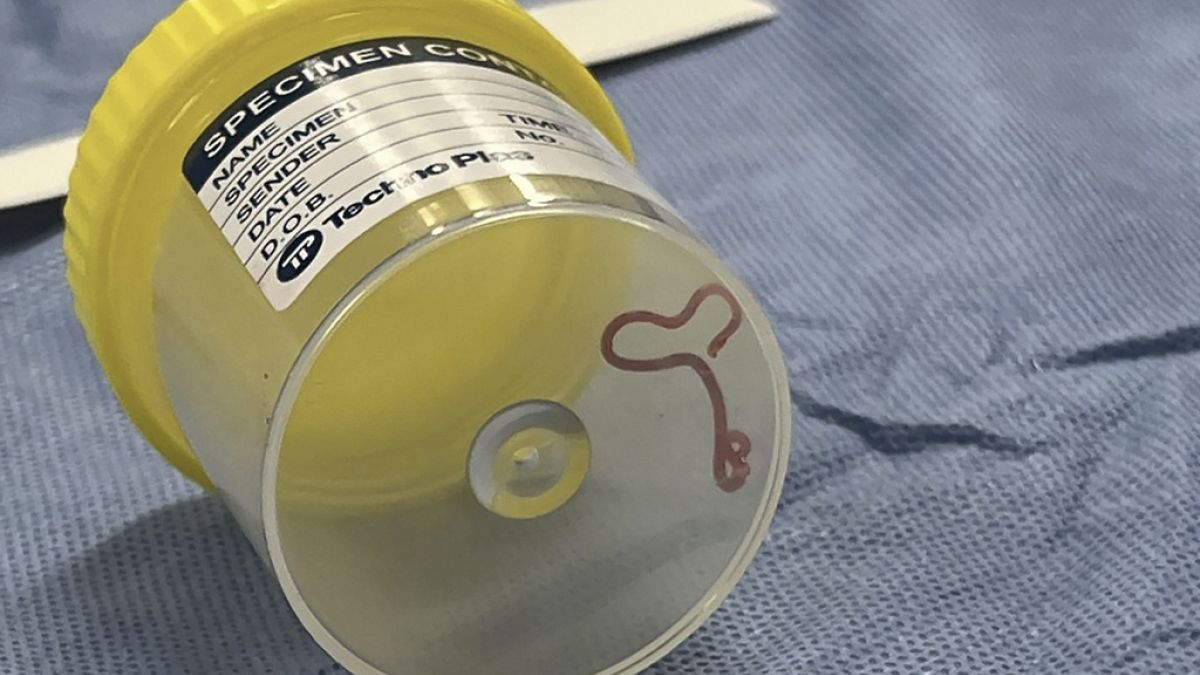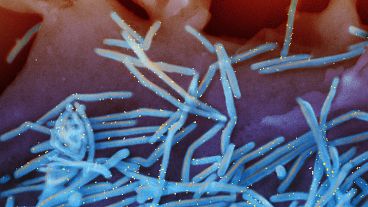A neurosurgeon investigating a woman’s mystery symptoms in an Australian hospital says she plucked a wriggling worm from the patient’s brain.
A parasitic roundworm typically found in snakes has been pulled "alive and wriggling" from a woman's brain in a stomach-churning medical first, Australian doctors said Tuesday.
Surgeon Hari Priya Bandi was performing a biopsy through a hole in the 64-year-old Australian patient's skull at Canberra Hospital last year when she used forceps to pull out the parasite, which measured eight centimetres.
"I just thought: ‘What is that? It doesn’t make any sense. But it’s alive and moving,’” Bandi was quoted on Tuesday in The Canberra Times newspaper.
“It continued to move with vigour. We all felt a bit sick,” Bandi added of her operating team.
It was a roundworm called Ophidascaris robertsi, which researchers said was a common parasite in kangaroos and carpet pythons - but not humans.
"This is the first-ever human case of Ophidascaris to be described in the world," said infectious disease expert Sanjaya Senanayake.
"To our knowledge, this is also the first case to involve the brain of any mammalian species, human or otherwise."
At the time of the discovery, the woman had been admitted to the hospital after experiencing forgetfulness and worsening depression over three months. Scans showed changes in her brain.
Researchers believe the woman was infected after foraging for edible shrubs near her house, which were likely contaminated with parasitic larvae shed in snake faeces.
The parasite, which appeared as a "stringlike structure" on brain scans, was then identified through DNA testing.
"It is never easy or desirable to be the first patient in the world for anything," Senanayake said.
"I can't state enough our admiration for this woman, who has shown patience and courage through this process."
Senanayake said Ophidascaris roundworms were known to infect animals in other parts of the world, and it was "likely that other cases will be recognised in coming years".
The findings were published in the journal Emerging Infectious Diseases.



